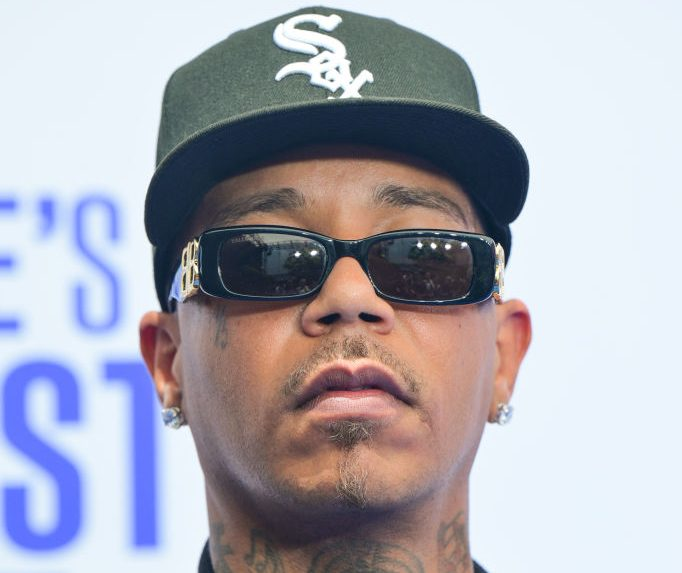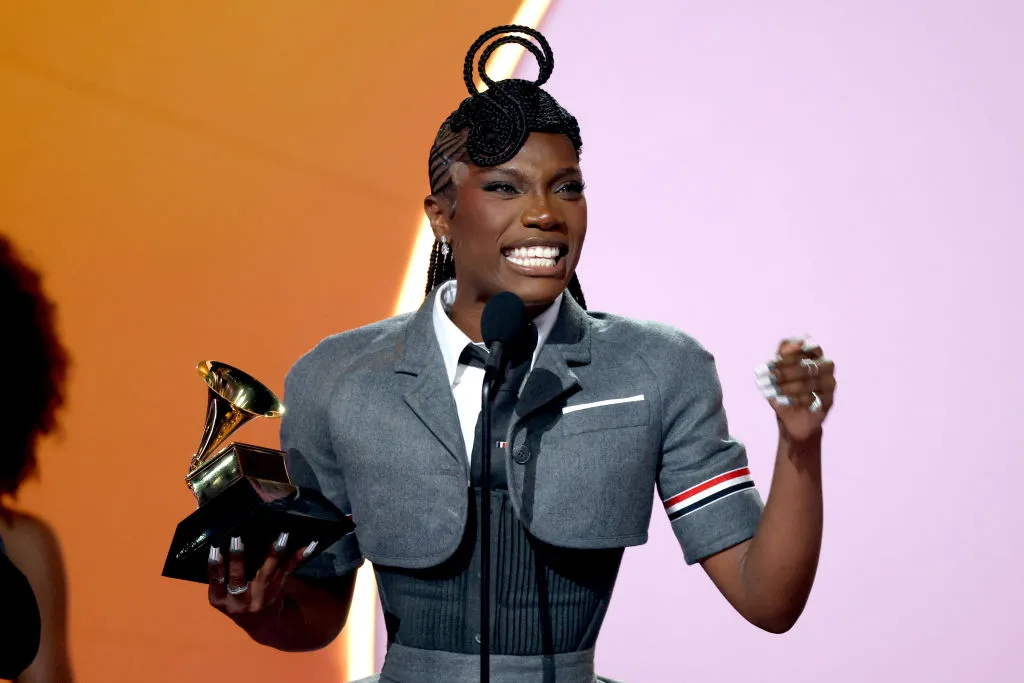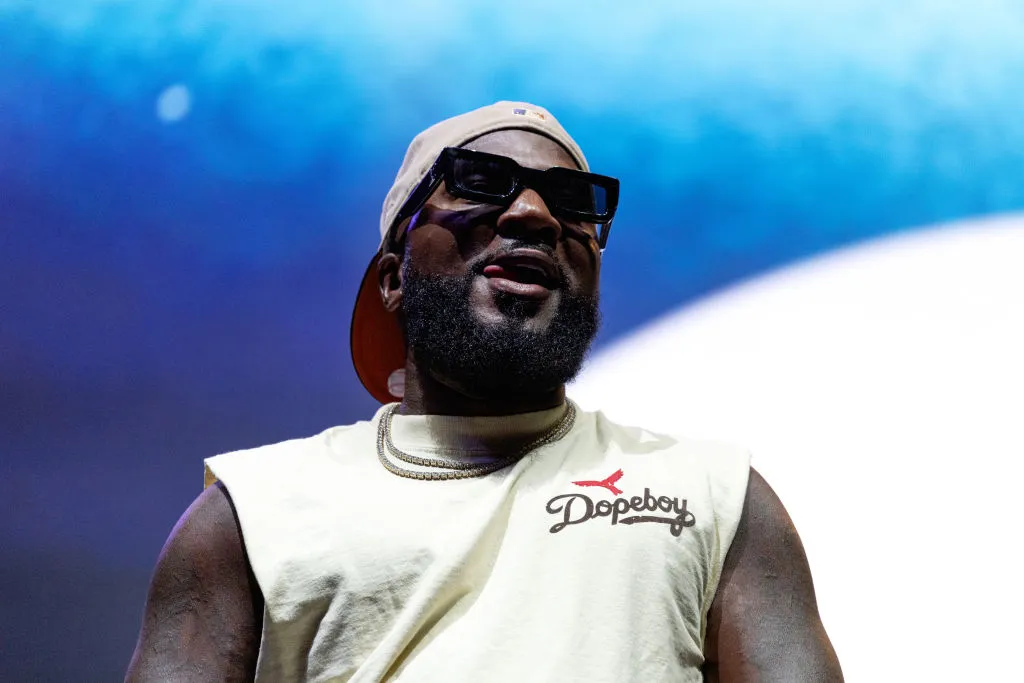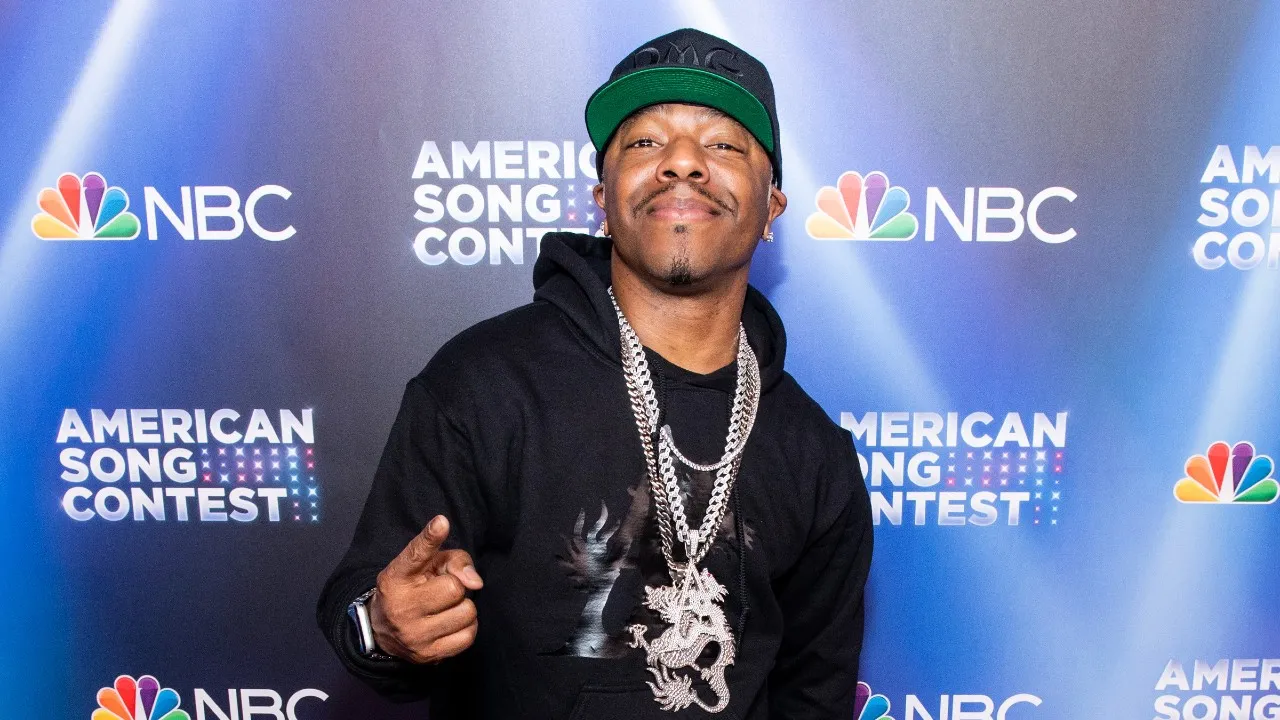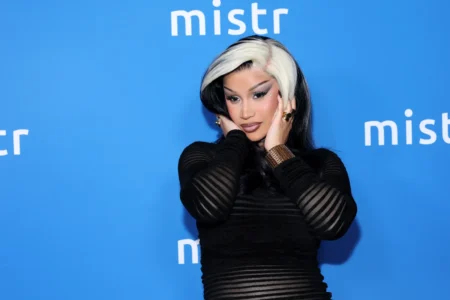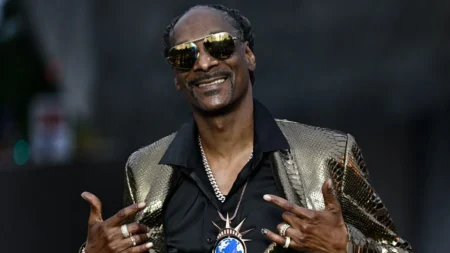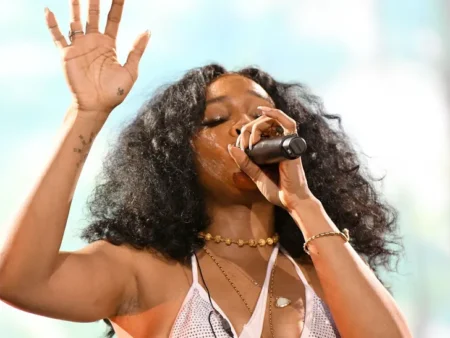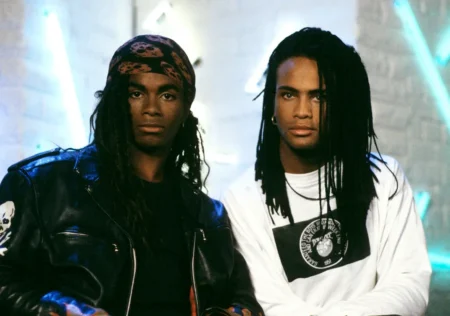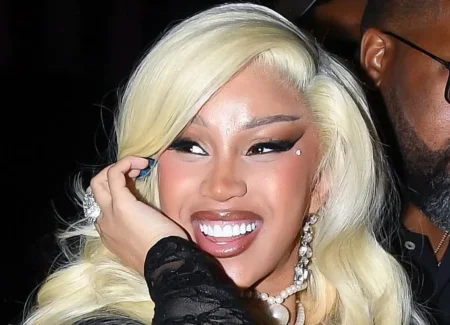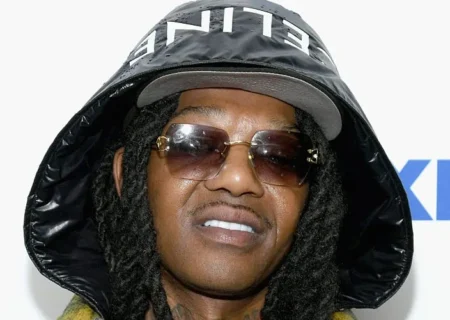On a recent episode of the Million Dollaz Worth of Game podcast, veteran producer and recording artist Hitmaka offered a sobering take on the realities of the modern music industry. Despite accumulating more than 20 billion streams across his career, the chart-topping hitmaker says he’s seen surprisingly little financial reward from digital platforms.
Hitmaka—known for crafting hits like Big Sean’s “Bounce Back,” Ray J’s “Sexy Can I,” and A Boogie Wit Da Hoodie’s “Look Back at It”—revealed that even records approaching diamond certification (10 million units sold in the U.S.) don’t automatically translate into major payouts.
“I Haven’t Seen the Big Bag”
“I ain’t really seen no big bag off of that,” Hitmaka admitted during the podcast, adding that chart positions and certifications often mislead fans into believing artists are earning millions from streaming alone.
Instead, he emphasized that the real money lies in licensing and synchronization deals—where songs are placed in commercials, TV shows, and movies, offering long-term residual income streams that platforms like Spotify can’t match.
Sync Licensing: The Real Payday
One of his biggest windfalls came when “Bounce Back” was featured in a Super Bowl ad, netting him a sudden $500,000 payout while he was in the middle of buying a house.
By contrast, even his most streamed tracks—despite dominating Billboard charts and racking up massive play counts—failed to deliver comparable earnings from streaming revenue.
“The money machine gonna ring while he in his sleep,” Hitmaka said, referencing artists like Lil Wayne, whose theme song for Undisputed on FS1 provides steady recurring income.
Streaming Dominates—but Doesn’t Pay Like It Should
Hitmaka’s comments underscore growing frustrations within the music industry about the economics of streaming platforms. While Spotify, Apple Music, and other services are central to music consumption today, their payouts to artists and producers are often criticized as insufficient, especially for those without publishing rights or ownership stakes.
For Hitmaka, who has worked behind the scenes on dozens of high-profile tracks, the disparity between public perception and actual earnings highlights a harsh truth:
✅ Viral moments matter, but they don’t build generational wealth.
✅ Backend deals, ownership rights, and licensing provide sustainable income.
Advice for Artists: Think Beyond Spotify
Hitmaka’s insight serves as both a warning and a blueprint for aspiring artists and producers. To build lasting financial stability in today’s music economy, he recommends:
???? Focus on Sync Licensing
Work to get music placed in commercials, films, and major television networks. These deals can pay upfront and deliver residuals for years.
???? Own Your Masters and Publishing
Without ownership, artists see only a fraction of the revenue their music generates.
???? Prioritize Visibility on Institutional Platforms
Radio play, TV theme songs, and partnerships with major brands create income streams outside of digital platforms.
The Bigger Conversation About Streaming
Hitmaka isn’t alone in raising concerns about streaming payouts. Recently, artists like Snoop Dogg and T-Pain have spoken out about how little revenue they see from millions—even billions—of plays.
Meanwhile, platforms like Spotify and Apple Music continue to dominate the global music landscape, leaving creators to explore alternative revenue models like merchandise, touring, and sync licensing to survive.
“You’ve got to diversify your income streams,” Hitmaka stressed. “That’s how you build a legacy.”
???? Key Takeaways:
✅ Hitmaka says streaming success doesn’t always equal financial success.
✅ Licensing deals like Super Bowl ads brought him more money than Spotify ever did.
✅ Artists need ownership and backend deals to achieve true wealth in today’s industry.




